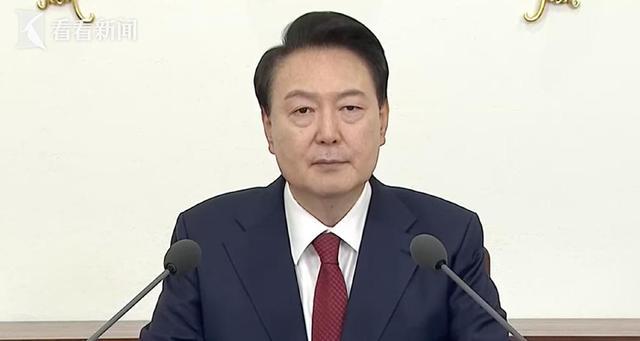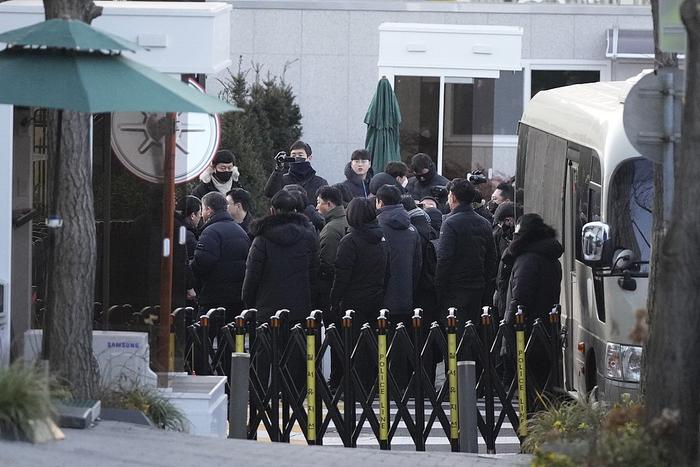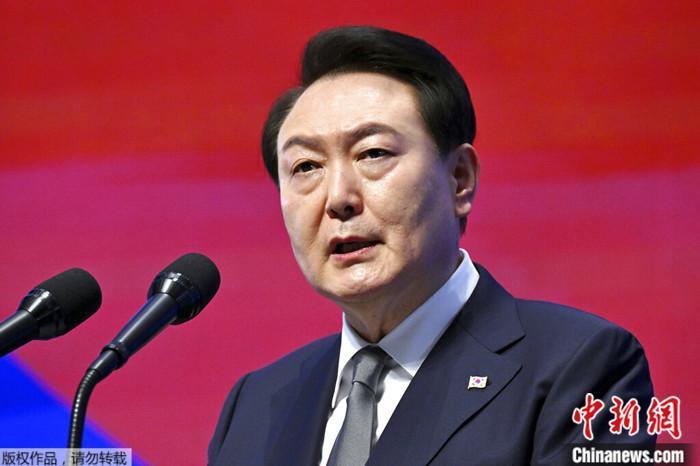韩国公调处坚持执行尹锡悦逮捕令,这一行动体现了韩国司法公正和独立的决心。面对相关情况,公调处坚决履行职责,不畏惧任何压力,坚决维护法律的权威和公正。这一事件也再次提醒人们,无论个人地位如何,法律面前人人平等。此举也展示了韩国司法体系对于打击腐败和维护社会公正的坚定立场。
Title: The Application of the Imprisonment Order of Korean President尹锡悦: Data Analysis and Execution Persistence
On the evening of December 21st, 2023, the Korean Public Service Agency made a significant decision to enforce the arrest order of President尹锡悦. This decision was not taken lightly, as it was accompanied by an extensive analysis of relevant data and a thorough examination of all possible outcomes. The purpose of this article is to delve into the intricacies of this decision, analyzing the application data and exploring the reasons behind it.
First and foremost, it is important to understand the context behind this arrest order. President尹锡悦 faced charges that could potentially lead to his imprisonment. The Korean Public Service Agency, in its efforts to uphold the law and ensure fair justice, has been tasked with executing this arrest order. The agency's decision to proceed with the arrest is not based on mere assumptions or political motives but rather on data-driven analysis.
The application data used by the Korean Public Service Agency is vast and complex. It includes information on President尹锡悦's legal record, past behavior, and current circumstances. The agency carefully examines these data points to determine the likelihood of the president's involvement in any illegal activities or potential harm to the public interest. This analysis also considers factors such as the credibility of witnesses, evidence collected, and the nature of the charges against the president.
Moreover, the agency's decision-making process considers public opinion and political implications. As a democratic country, Korea must balance the rights of individuals with the interests of society. The Korean Public Service Agency takes into account public sentiment and potential political repercussions when making decisions about high-profile figures like presidents. This ensures that the decision is not only legally sound but also acceptable to the general public.
The arrest order of President尹锡悦 has been met with mixed reactions from different sectors of society. While some support the decision as a necessary step to uphold justice, others argue that it is politically motivated and could potentially destabilize the country. However, the Korean Public Service Agency remains steadfast in its commitment to execute the arrest order based on data analysis and legal considerations.
It is worth noting that the agency's decision is not solely based on quantitative data but also on qualitative factors such as moral judgments and societal norms. The agency evaluates these factors to ensure that its decision aligns with societal values and ethical standards. This holistic approach ensures that the decision is not only legally valid but also morally acceptable.
Furthermore, the Korean Public Service Agency's decision-making process is transparent and accountable. The agency releases detailed reports on its analysis and decision-making process to ensure that stakeholders understand the rationale behind its decisions. This transparency builds trust among the public and ensures that the agency remains credible and impartial in its work.
In conclusion, the Korean Public Service Agency's decision to enforce the arrest order of President尹锡悦 is not taken lightly. It is based on a comprehensive analysis of application data, public opinion, political implications, societal values, and ethical standards. The agency remains committed to upholding justice and ensuring fair treatment for all individuals, regardless of their status or position in society. Its decision-making process is transparent and accountable, ensuring that stakeholders understand the rationale behind its decisions and trust its work.




 鲁ICP备18004545号-1
鲁ICP备18004545号-1 鲁ICP备18004545号-1
鲁ICP备18004545号-1
还没有评论,来说两句吧...